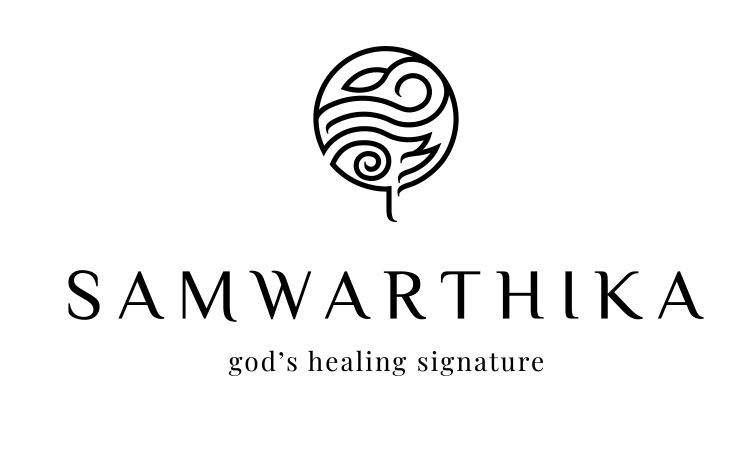Panchakarma represents a revitalizing therapy within Ayurveda, focusing on rejuvenation. This approach, deriving its name from “Pancha” meaning five and “Karma” indicating action, incorporates a set of five established treatment techniques. These techniques work in harmony to renew individuals’ physical and mental balance, promoting overall well-being.
The distinctive merit of Panchakarma arises from its utilization of herbal and organic remedies. This reliance on natural substances sets it apart from contemporary medications, reducing the likelihood of adverse effects commonly associated with modern drugs. Central to its philosophy is the belief that a significant portion of ailments stem from ingested foods and environmental toxins.
What sets Panchakarma apart is its commitment to holistic health, catering to both immediate and enduring wellness. Unlike quick-fix approaches, this therapy adopts a meticulous and comprehensive outlook. Rejuvenation therapies encompass two main categories: Shamana and Shodhana, each playing a crucial role in the restoration process.
Basic Concept of Panchakarma
Two fundamental principles underlie both Panchakarma and Ayurvedic treatment methodologies. Firstly, it is posited that diseases arise from imbalances or an accumulation of “ama” (toxins) within the body. Secondly, the restoration of equilibrium necessitates the implementation of a rejuvenation therapy. The techniques employed for this purpose are classified broadly into two categories: Shodhana and Shamana.
Shodhana primarily focuses on purifying the body by eliminating toxins and containing their proliferation. On the other hand, Shamana entails remedial treatments that guide the body towards rejuvenation and revitalization. In essence, the Panchakarma process initiates by expelling undesirable substances from the body, paving the way for the subsequent renewal of the patient’s bodily functions.
The Kerala Panchakarma treatment is renowned for its significant positive impacts on overall health and individual well-being. Serving as a distinct detoxification and rejuvenation regimen for both the body and mind, Samwarthika Ayurveda Hospital has earned recognition as a certified Kerala Panchakarma Hospital in Kerala and has been honoured with the “Green Leaf Award” by the state’s Department of Tourism.
Panchakarma treatment operates on the premise of cleansing and revitalizing the body from within and without. The recommended duration typically spans 2 to 3 weeks, during which clients typically progress through a cleansing phase followed by a rejuvenation program.
Tailored to individual clinical assessments, the cleansing phase encompasses five internal processes and a variety of external therapies:
Vamana: This process induces herbal vomiting, carried out once during the course of Panchakarma. It targets the upper gastrointestinal system, yielding positive effects on other bodily systems as well.
Virechana: Herbally induced purgation, also conducted once during the treatment, cleanses the stomach, intestines, and liver, bringing systemic benefits.
Vasthi/Basti: Enemas with herbal decoctions or oil bases are administered multiple times. This process profoundly cleanses the large intestine, forming the foundation for both cleansing and rejuvenation. It offers diverse benefits across various organ systems.
Nasya: This involves applying medicines, usually in liquid or powder form, to the nasal passages. Sometimes, it’s accompanied by herbal smoke treatment. Nasya strengthens sensory organs in the head, enhances mental clarity, stress management, and neck and shoulder health, while bestowing systemic advantages.
Rakta Moksha: A bloodletting technique performed under specific clinical circumstances, it’s not obligatory and is carried out only in certain cases.
Rejuvenation outcomes are achieved through various Rasayana medications, with customized combinations in Basti/Vasti and Nasya – integral parts of Panchakarma.
Each individual’s Panchakarma therapy and internal medication combinations are tailored by our physicians through daily consultations, except on Sundays.
For comprehensive insights into the curative prospects, benefits, and limitations of our Panchakarma program, we encourage you to engage in a medical discussion through this link: https://samwarthika.com/contact-us.html

